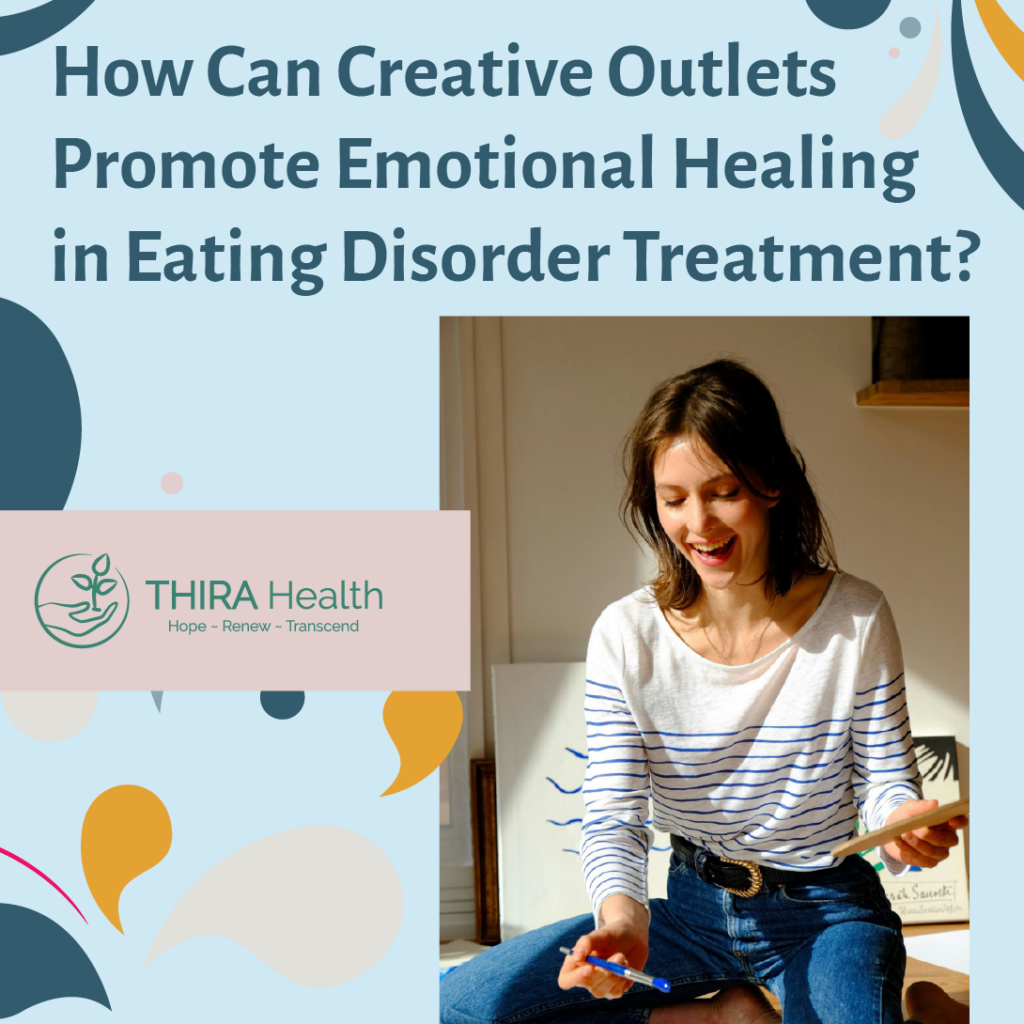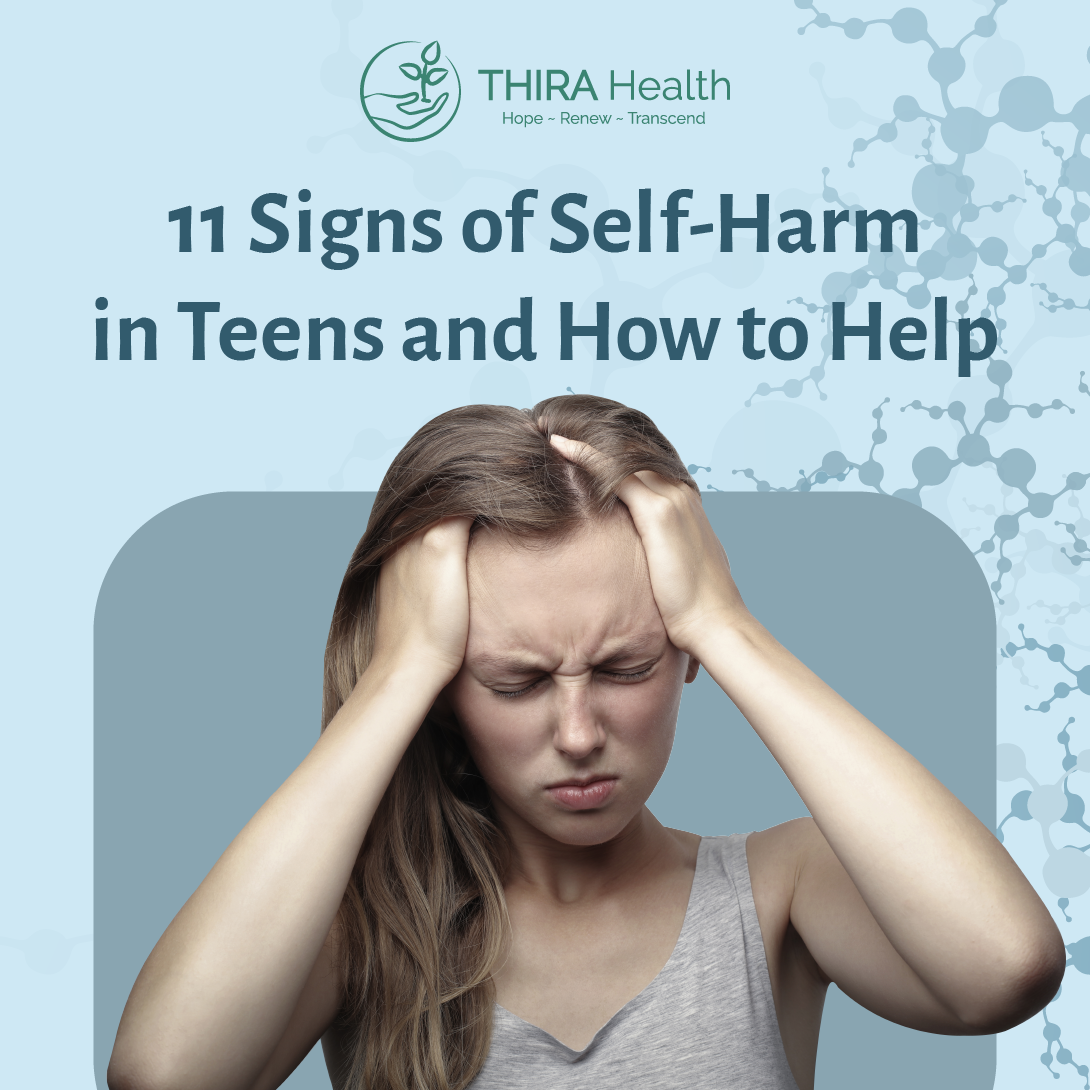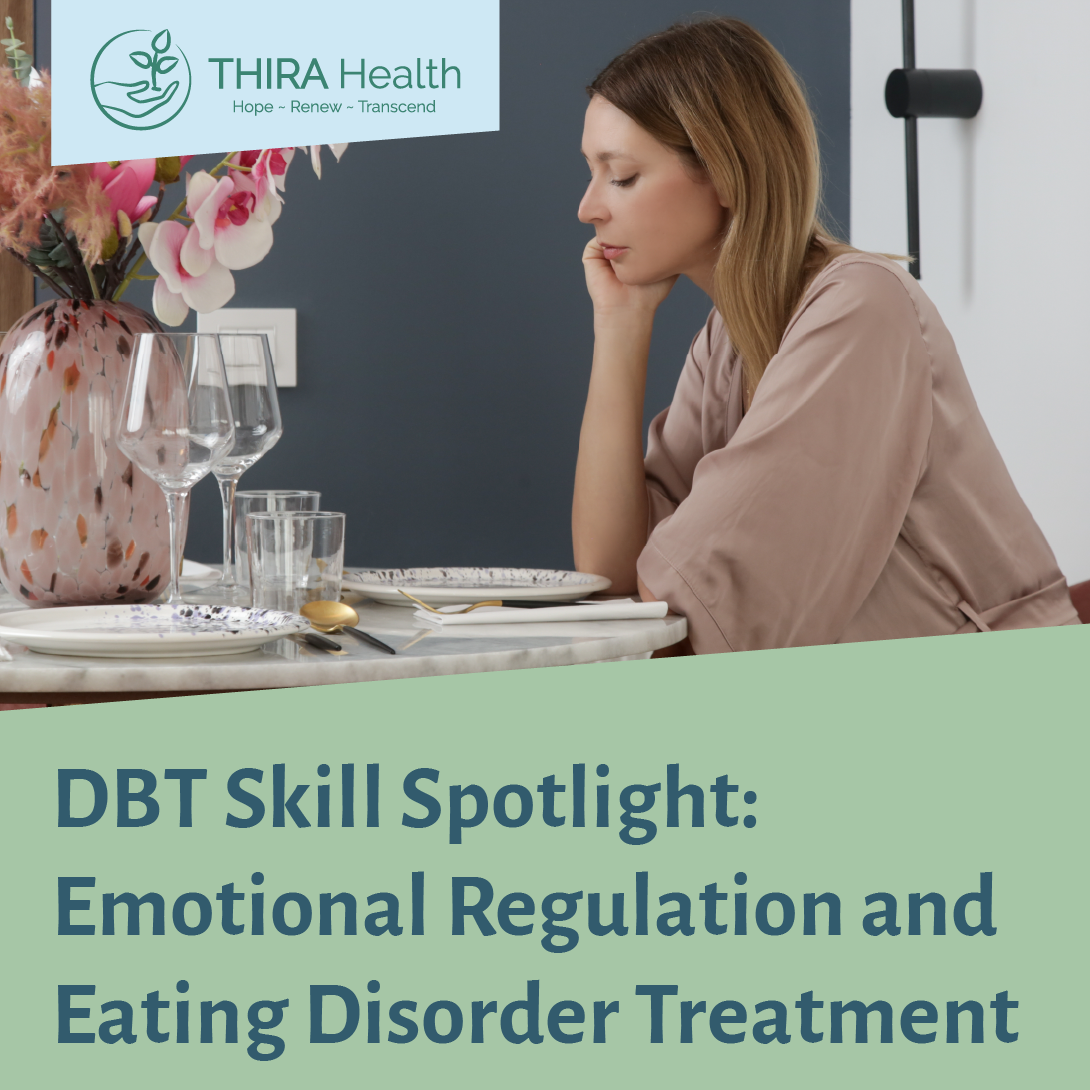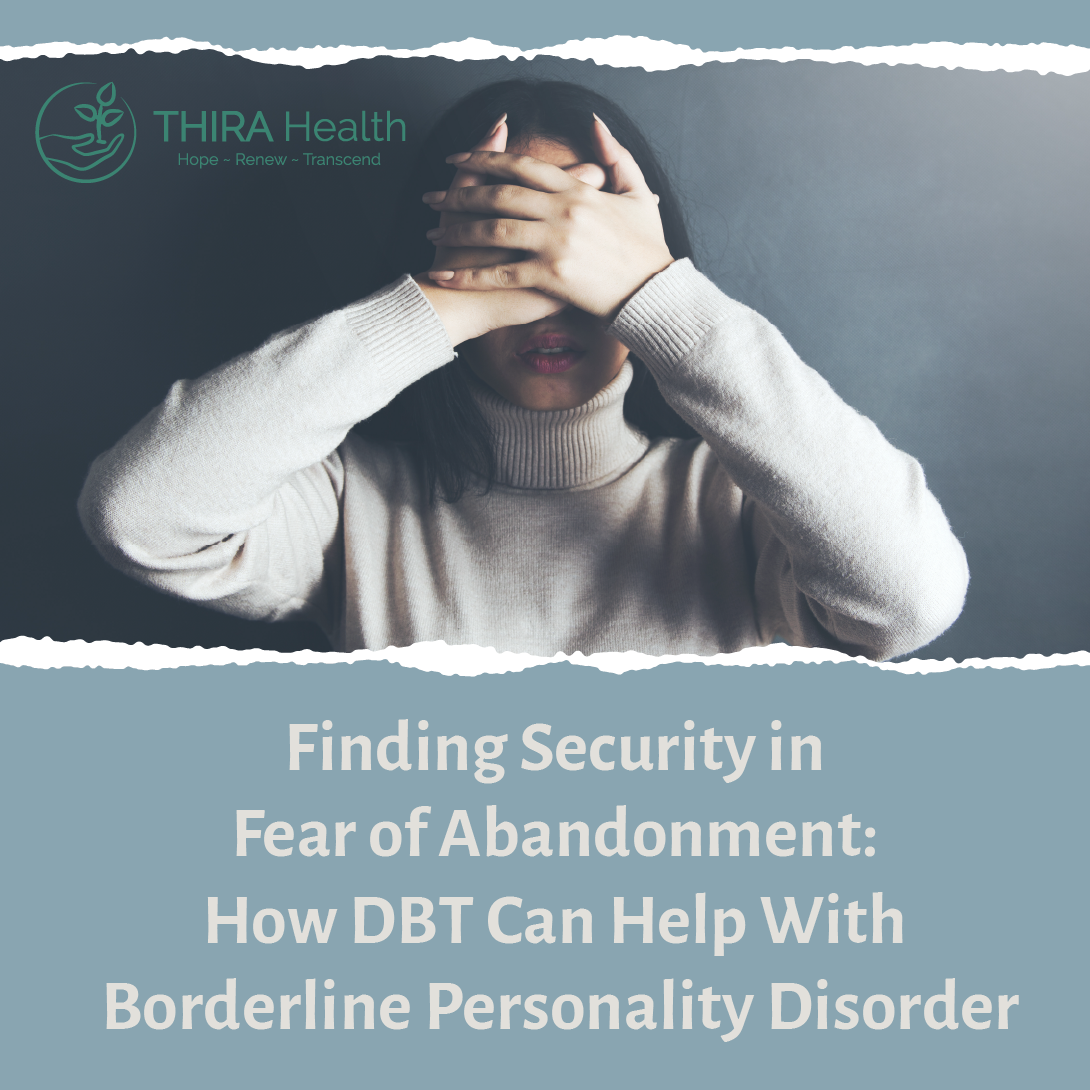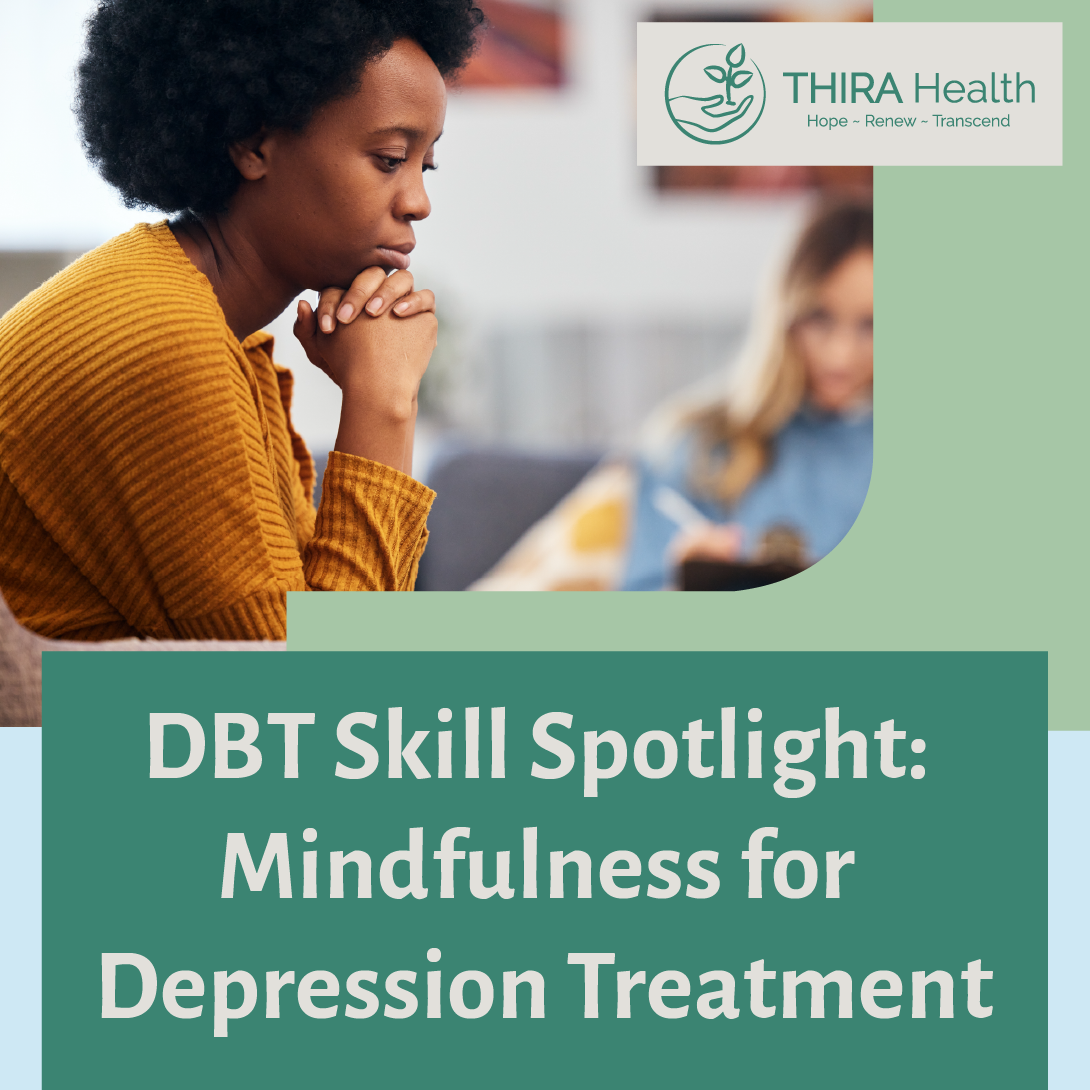Eating disorders are never just about food. They can be mentally all-consuming and destructive, taking up so much space in your life that you can lose connection to the things you enjoy—the things that allow you to use your imagination and creative spark. Reconnecting to that spark, and giving yourself a safe, healing space to express all your emotions, no matter how heavy they feel, is the great gift of expressive arts therapy.
What is expressive arts therapy?
Expressive arts therapy is a way to make use of artistic expression in all kinds of mediums—such as dance, sculpting, drawing, painting, acting, collage, music, and more—to create therapeutic insight. You may even use multiple mediums simultaneously in a therapy session because it provides numerous routes to embody and capture the essence of what’s going on inside you. Even better, these artistic pursuits offer a way of self-expression that doesn’t demand you use words. In these creative modalities, you use your body and your mind together to interact with your feelings and bring them into the world.
Art can overcome the shame and secrecy of an eating disorder
Shame, secrecy, and self-hatred are common experiences in an eating disorder. It can be hard to put into words what you’re experiencing internally, and these intense feelings may demand that you keep quiet, even when you’re in a safe therapeutic setting.
As expressive arts allow you to develop some verbal distance from your emotions while still expressing them, it can make it easier to face difficult ones. Art can also help you better understand how you’re actually feeling, and where the roots of your thoughts and feelings are.
Better self-understanding and easier self-expression are common outcomes for people with eating disorders who engage in expressive arts therapy. They come to new understandings of themselves and can take pride in what they create.
Imagination and healing for depression treatment
Your creative mind can offer up beautiful daydreams and lofty goals that push you toward a life worth living. They can also conjure up stressful thoughts that demand you engage in unhelpful eating patterns.
When you tap into your creativity in depression treatment, you learn to guide your imagination to places that serve you. Instead of the spontaneous creation of imagery that may be difficult to experience, you can engage with those hard emotions and harsh thoughts in a way that offers a different ending, a new solution, a new perspective, or even just a release of a heavy burden.
How does expressive arts therapy work in a DBT program?
Using artistic expression in therapy allows for a more holistic approach to mental health treatment in Washington. In a dialectical behavior therapy (DBT) program like those at THIRA Health, expressive arts therapy compliments multiple DBT skills.
DBT is structured around developing skills in mindfulness, emotional regulation, distress tolerance, and interpersonal effectiveness. Artistic expression serves as a perfect compliment to DBT skills practice and adds an entire dimension to DBT that can make the process richer and more impactful.
Expressive arts therapy and mindfulness
Mindfulness asks you to stay in the present moment and call your mind back when it wanders to worry, fear, shame, or even boredom. Similarly, creative expression happens in the moment, engaging your body, mind, and senses in the process. Finding mindfulness in art is a fun, expressive way to stay centered and present, and guide your thoughts as they wander.
Emotional regulation from artistic expression
Your participation in creative outlets in mental health treatment allows you to understand your emotions better and gives you a safe pathway to engage with them. It provides the self-understanding needed for emotional regulation and a direct route to accessing the deeper wells of emotion stored within you.
As you build these skills and a level of comfort in exploring your internal landscape this way, you’ll start to notice and understand your emotions more easily. Cultivating this attention is the first step toward choosing how to respond to emotions, and expressing them in ways that serve your needs.
Creativity and distress tolerance
Creativity is a process that asks you to accept imperfection, challenges, and learning experiences. Distress tolerance is built through practice, and in the tough parts of the creative process lies a lesson in coping. If you can practice patience and step away from the need to be perfect in these creative pursuits, you can begin to generalize this skill to other situations.
Art therapy is also an effective distraction from particularly difficult emotions and thoughts, as the process is engaging and requires focus. It can bring you joy and fulfillment, making it a great choice when distraction skills are what you need to tolerate distressing thoughts and experiences.
Art resources in Bellevue, WA
While the structured creativity that happens in expressive arts therapy tied into DBT programs can be hugely beneficial, artistic expression outside of therapy also creates a richer life with a more in-depth connection to your emotions.
Bellevue’s city government offers a variety of art classes at the Northwest Arts Center and the Bellevue Youth Theater. Alongside these Bellevue gems, you can use platforms like Facebook and MeetUp to find local groups for crafting, artistic pursuits, acting, and more. There is a whole thriving arts community in Bellevue that is just waiting for you to jump in and find your creative voice.
Discover Bellevue’s:
Eating Disorder Treatment in Bellevue, Washington
Healing is a whole body and whole mind process. When you are hoping to heal from the harsh inner voices and the emotional turmoil an eating disorder can cause, it is worth exploring all the paths available that lead you to a more balanced life.
Treatment programs that include nutritional support, expressive arts therapy, and mental health support, like those offered at THIRA Health, can help both your body and mind heal as you work toward a life that feels truly fulfilling. Connect with us today to learn more about starting treatment with us.
